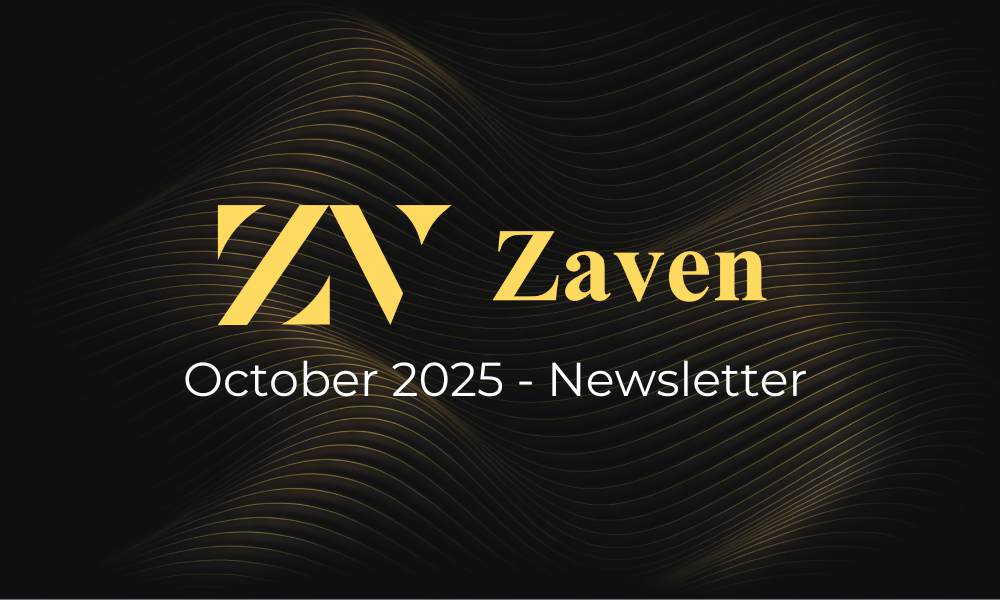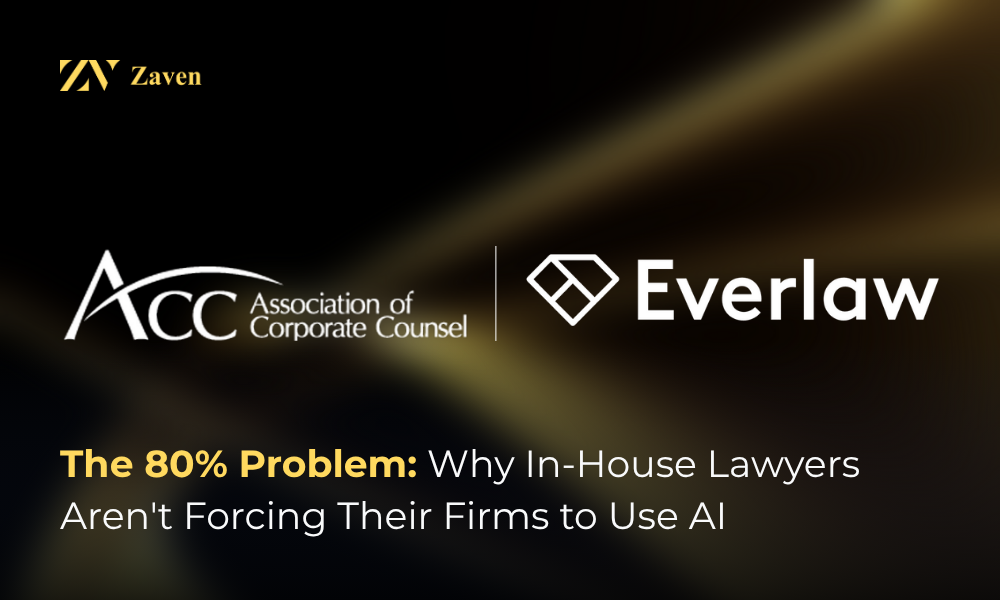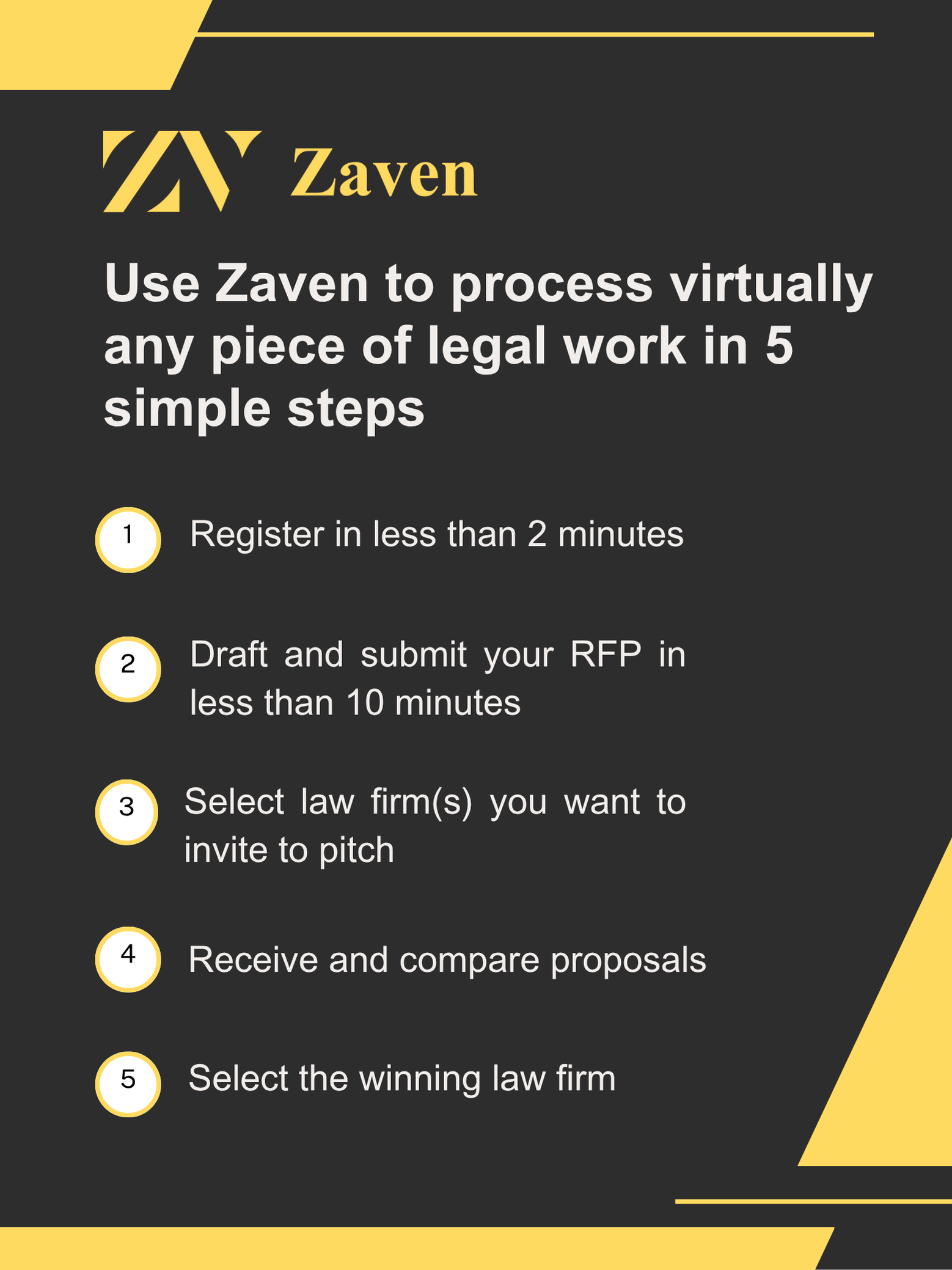Source: Forbes
The legal industry stands at an inflection point. Despite its reputation for gradual evolution, the sector is about to experience what Hemingway described through his character Jake Campbell: change happens “gradually and then suddenly.” This transformation is being driven not from within the legal establishment but from business demands, technology advancement, and new market players.
Business Integration as a Catalyst
Modern enterprises are implementing integrated business strategies that connect their workforce, technology, information, and processes across the organization. McKinsey’s research confirms that companies implementing these integration strategies significantly outperform their peers.
For legal departments, this means breaking down traditional boundaries, connecting people and processes across the enterprise, developing predictive capabilities, and contributing strategic value beyond traditional legal functions.
The Supply Chain Challenge
The legal supply chain remains a significant obstacle to full transformation. Traditional law firms—with their established structures and mindsets—pose formidable integration challenges. Alternative legal service providers, while innovative, typically lack the necessary scale to drive systemic change.
New Market Entrants
The fragmented legal market is primed for consolidation by new entrants who view legal as “the missing link” in enterprise integration. These providers will likely feature:
- Visionary leadership focused on customer outcomes
- Strong financial backing and significant scale
- Advanced technological capabilities and partnerships
- Enterprise transformation expertise
- Multidisciplinary teams with operational agility
The AI Acceleration
Generative and agentic AI represent powerful accelerants in this transformation. Accenture research shows that 97% of business executives believe AI will fundamentally transform their companies, with 93% reporting their AI investments outperforming other strategic areas.
Legal professionals must focus on developing uniquely human skills—empathy, emotional intelligence, and trust—while leveraging AI for tasks where it excels.
The Transformation Reality
The transformation of the legal industry is no longer a distant possibility but an imminent reality. While the legal establishment might prefer incremental change, business demands are pushing for faster evolution. The converging forces of business integration, supply chain transformation, new market entrants, and AI advancements are creating unstoppable momentum.
For legal professionals and organizations, the choice is clear: adapt to the new reality or risk sudden displacement when transformation arrives. The gradual phase of legal change is ending, and the sudden transformation is about to begin.
Read more: Forbes







